For 1st time in state history, law against price gouging is triggered by public health emergency
MADISON -- For the first time in Wisconsin history, a law against price gouging is in effect. It was triggered on Thursday, March 12 -- when Gov. Tony Evers declared a public health emergency. Even so, prices for hot items like hand sanitizer may still go up.
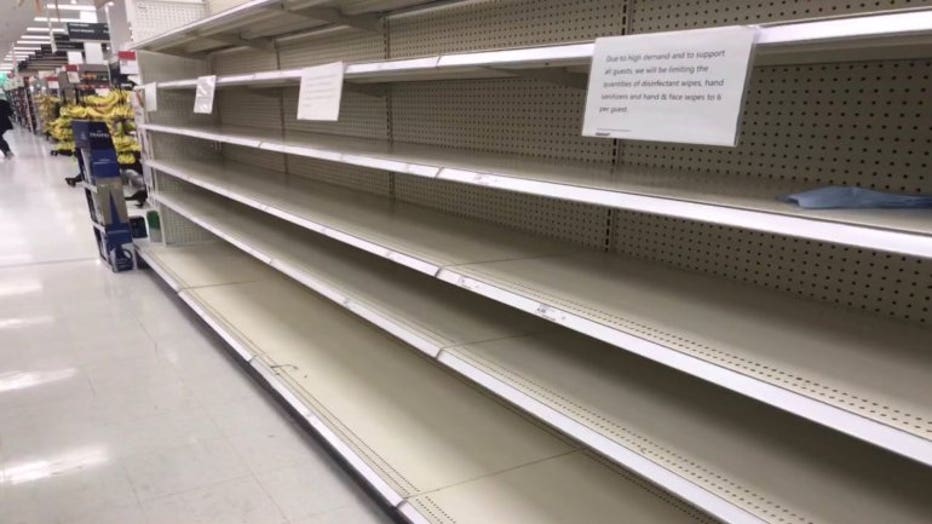
After encountering empty shelves in store after store, shoppers could now face another irritation in the form of raised prices.
"We're calling on companies like Amazon to institute stronger price-gouging policies," said Peter Skopec of the consumer advocacy group, WISPIRG.
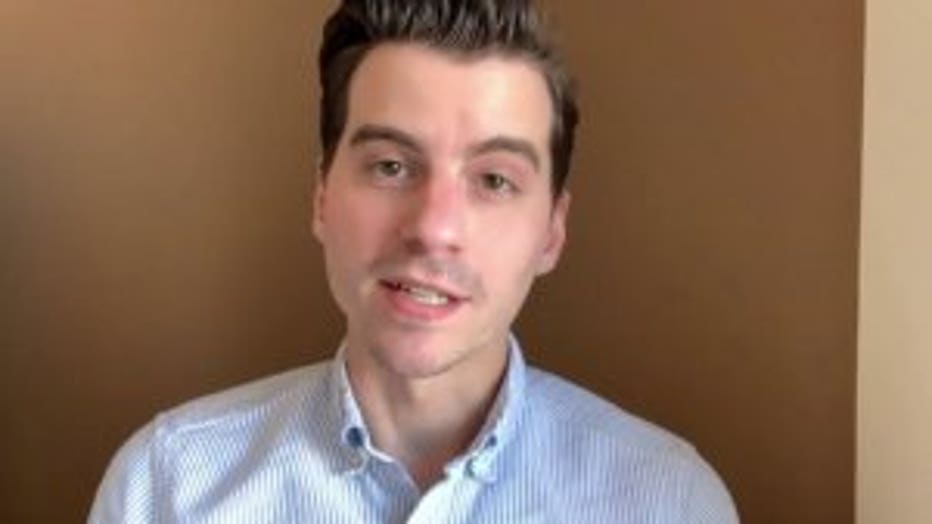
Peter Skopec
Skopec said WISPIRG's recent study of Amazon found the price of hand sanitizer and surgical masks had spiked at least 50 percent.
"We found a four-pack of Purell hand sanitizer that sold for about $160," Skopec said.
Third-party sellers are behind many high prices.
Contact 6 did find the same item on Amazon listed for less than $3 a bottle. But, no surprise, it was out of stock.
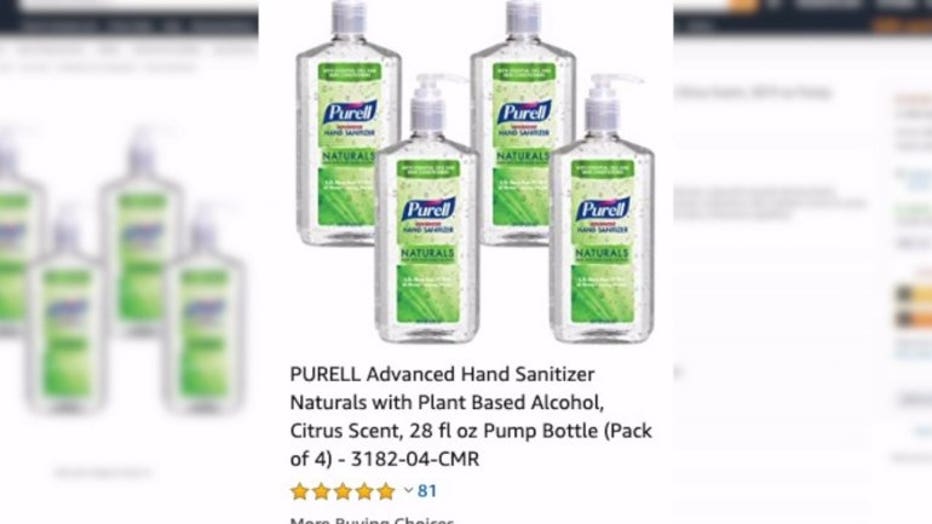
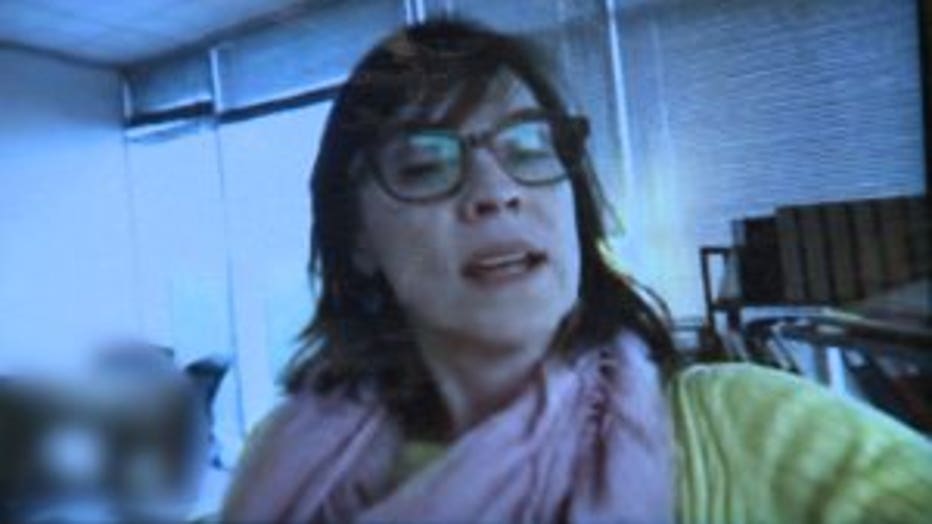
Lara Sutherlin
"We don't know what's going to happen to the supply of many of the products we rely on," said Lara Sutherlin, director of the Wisconsin Department of Agriculture, Trade and Consumer Protection (DATCP).
Sutherlin said consumers should brace for higher prices on hot items at brick and mortar stores as well once the shelves are restocked.
"If there's a supply issue, if it's more costly to bring it into the state, all those factors would play into an increased price," Sutherlin said.
Those are legitimate reasons for raised prices. But when it comes to outright price gouging, the state unleashed one tool in its arsenal on Thursday. The declaration of a public health emergency triggered a 15-year-old price gouging statute that says "wholesalers and retailers" are "prohibited from selling consumer goods or services at prices that are more than 15% higher than pre-emergency prices."
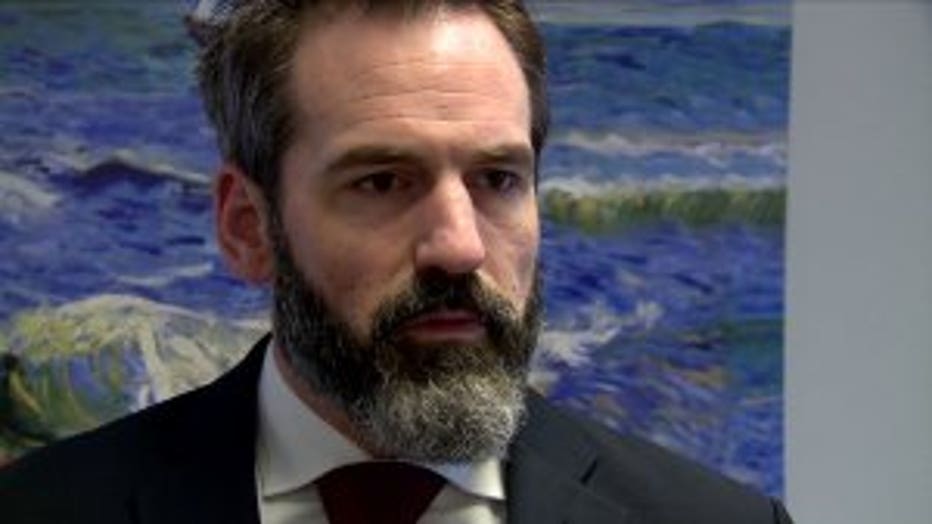
Nathan DeLadurantey
"The purpose behind that is to protect consumers from people selling, hoarding goods and then selling them, or people taking advantage of a crisis," said Nathan DeLadurantey, a consumer attorney.
Stores like Target and CVS are already limiting purchases.
"People sometimes will never miss an opportunity to take advantage of someone," DeLadurantey said.
The state has only gotten eight complaints about price gouging so far -- and those came in before the governor's declaration.
To report suspected price gouging, you are urged to contact DATCP's Consumer Protection Hotline at DATCPHotline@wisconsin.gov or 800-422-7128 or file an online complaint. You must provide the following information:

